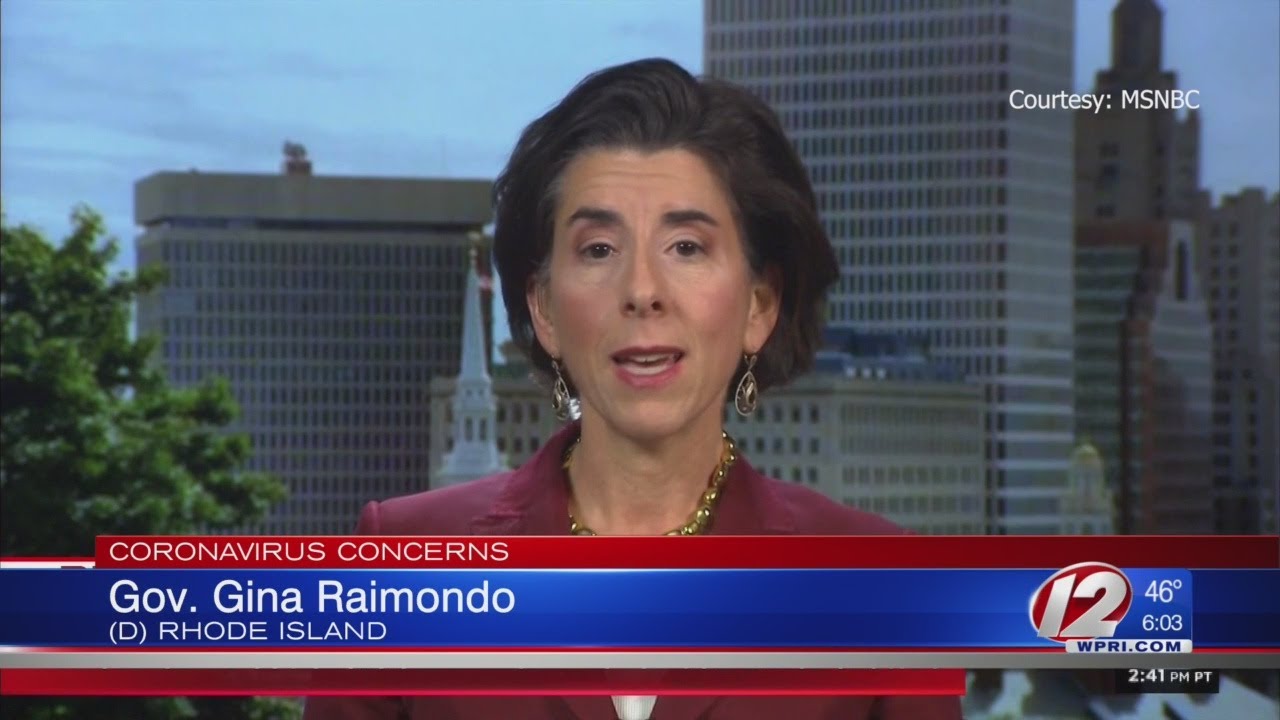Possible closure of Rhode Island schools
The COVID-19 pandemic has brought about unprecedented challenges for educational institutions across the United States, including Rhode Island. As the number of coronavirus cases continues to rise, there is growing concern about the potential closure of schools in the state. This article aims to explore the impact of COVID-19 on education in Rhode Island, discuss the current status of schools, evaluate the factors influencing the decision to close schools, and highlight the government’s role in such decisions.
Impact of COVID-19 on education in Rhode Island
The impact of COVID-19 on education in Rhode Island has been significant. In an effort to control the spread of the virus, schools were initially closed in March 2020 and transitioned to remote learning. This sudden shift to online education presented numerous challenges for students, teachers, and parents. Many students faced difficulties adapting to remote learning, particularly those without access to reliable internet or necessary technology. Furthermore, the absence of in-person interaction and extracurricular activities has had a detrimental effect on social and emotional development.
Current status of Rhode Island schools
Currently, Rhode Island schools are operating on a combination of in-person and remote learning models. Schools have implemented strict health and safety protocols, including mandatory mask-wearing, social distancing, and increased sanitation measures. However, as COVID-19 cases surge in the state, there is mounting concern about the potential need for school closures to contain the spread of the virus.
Discussion on potential school closures
The possibility of school closures is a topic of ongoing discussion among policymakers, educators, and health officials in Rhode Island. While the primary focus is on ensuring the safety and well-being of students and staff, there are differing opinions on the effectiveness of school closures in limiting the spread of COVID-19. Some argue that closing schools is a necessary step to mitigate the transmission of the virus, while others believe that the negative consequences of closures outweigh the benefits.
Factors influencing the decision to close schools
Several factors are considered when making decisions regarding school closures. The number of COVID-19 cases in the community, the rate of transmission, and the capacity of local healthcare systems are crucial considerations. Additionally, the ability to implement effective mitigation strategies within schools, such as testing and contact tracing, plays a significant role. The impact on students’ education, mental health, and access to essential services is also taken into account.
Government’s role in school closure decisions
The decision to close schools ultimately rests with the Rhode Island Department of Education, in collaboration with the Governor’s office and health officials. These entities closely monitor the evolving COVID-19 situation and consult with experts to make informed decisions. The government’s responsibility is to balance the educational needs of students with the health and safety of the community.
Steps taken to prevent school closures
To prevent school closures, Rhode Island has implemented various preventive measures. These include mandatory mask-wearing, regular testing for students and staff, enhanced ventilation systems, and increased access to hand hygiene facilities. Additionally, schools have implemented hybrid learning models to reduce class sizes and promote social distancing. These measures aim to create a safe learning environment while minimizing the risk of COVID-19 transmission.
Evaluating the effectiveness of preventive measures
The effectiveness of preventive measures implemented in Rhode Island schools is under constant evaluation. Regular data analysis, monitoring of cases within schools, and feedback from teachers, students, and parents are crucial in assessing the impact of these measures. Continuous improvement and adjustment of protocols based on scientific evidence and best practices are necessary to ensure the safety of the school community.
Financial implications of school closures
The financial implications of school closures are significant. The sudden shift to remote learning necessitates additional investments in technology, internet access, and digital resources. Furthermore, school closures result in decreased revenue for districts, as funds allocated for in-person instruction and extracurricular activities become unused. These financial challenges pose a burden on educational institutions and may impact their ability to provide quality education and support services.
Effects of school closures on students and families
The effects of school closures on students and families extend beyond academic concerns. Many students rely on schools for meals, mental health support, and a safe environment. Remote learning may exacerbate existing educational inequalities, as students from disadvantaged backgrounds may have limited access to resources and parental support. Moreover, the closure of schools places added pressure on working parents, who must find alternative childcare arrangements or modify their work schedules.
Alternative education options during closures
As schools face potential closures, alternative education options become necessary. Rhode Island has explored various methods, such as hybrid learning, remote learning, and blended learning models. These options aim to provide students with continued access to education while minimizing the risk of COVID-19 transmission. Collaboration between schools, parents, and communities is crucial in ensuring that students receive the necessary support and resources during these challenging times.
Preparing for the future: Rhode Island’s school reopening plan
Rhode Island has developed a comprehensive school reopening plan to address the uncertainty surrounding the pandemic. This plan includes guidance on health and safety measures, protocols for testing and contact tracing, and strategies to address the academic, social, and emotional needs of students. By prioritizing the health and well-being of students and staff, Rhode Island aims to provide a safe and effective learning environment, whether through in-person, remote, or hybrid learning models. Regular review and adaptation of the reopening plan based on the evolving COVID-19 situation are integral to ensuring the successful future of Rhode Island’s schools.





